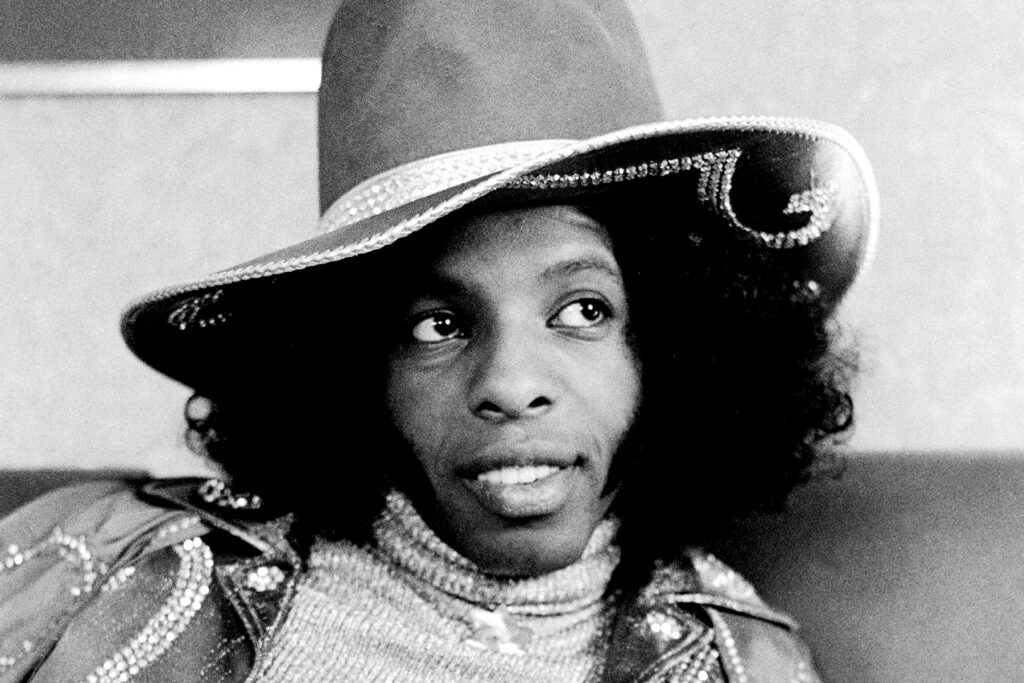
Introduction
Sly Stone, the visionary frontman of the legendary funk band Sly and the Family Stone, remains a pivotal figure in the world of music. Known for pioneering the fusion of rock, soul, and funk, Sly Stone’s influence continues to resonate in various genres. His innovative sound and thought-provoking lyrics have made him a role model for countless artists. As the music industry reflects on its roots and the impact of influential figures, Sly Stone’s legacy is more relevant than ever.
Rise to Fame
Born on March 15, 1943, in Denton, Texas, Sylvester Stewart, known popularly as Sly Stone, moved to California in his youth. In the late 1960s, he formed Sly and the Family Stone, bringing together a diverse group of musicians that included African Americans and whites, male and female. This blend not only broke societal norms but also created a rich sound that captivated audiences. With hits like “Dance to the Music,” “Everyday People,” and “I Want to Take You Higher,” the band found commercial success and critical acclaim.
Musical Innovations
Sly Stone was a trailblazer, using technological advances in music production to create a new sound. His incorporation of electric instruments, layered harmonies, and socially conscious lyrics set a standard for future artists. The band’s performances were electrifying, filled with raw energy and spontaneity that left audiences wanting more. His ability to seamlessly blend different genres, particularly funk, rock, and psychedelic music, paved the way for movements such as hip hop and R&B.
Controversies and Challenges
Despite his monumental successes, Stone faced significant challenges, particularly related to substance abuse and personal struggles. By the 1970s, after a series of groundbreaking albums, Stone’s health deteriorated, and the band eventually disbanded. Nevertheless, he made intermittent comebacks, continuing to influence new generations of musicians. His story is a reminder that even the brightest stars can face darkness, a narrative woven into the fabric of artistic creation.
Conclusion
Today, Sly Stone is regarded as a music legend, with his work being celebrated by new and existing fans alike. His pioneering spirit not only transformed the music landscape but also advocated for racial harmony and unity during a tense era in America. As artists continue to draw inspiration from his eclectic style and bold messages, Sly Stone’s impact on music remains indelible. The ongoing appreciation for his contributions highlights the importance of celebrating artists who break barriers and create meaningful art.



